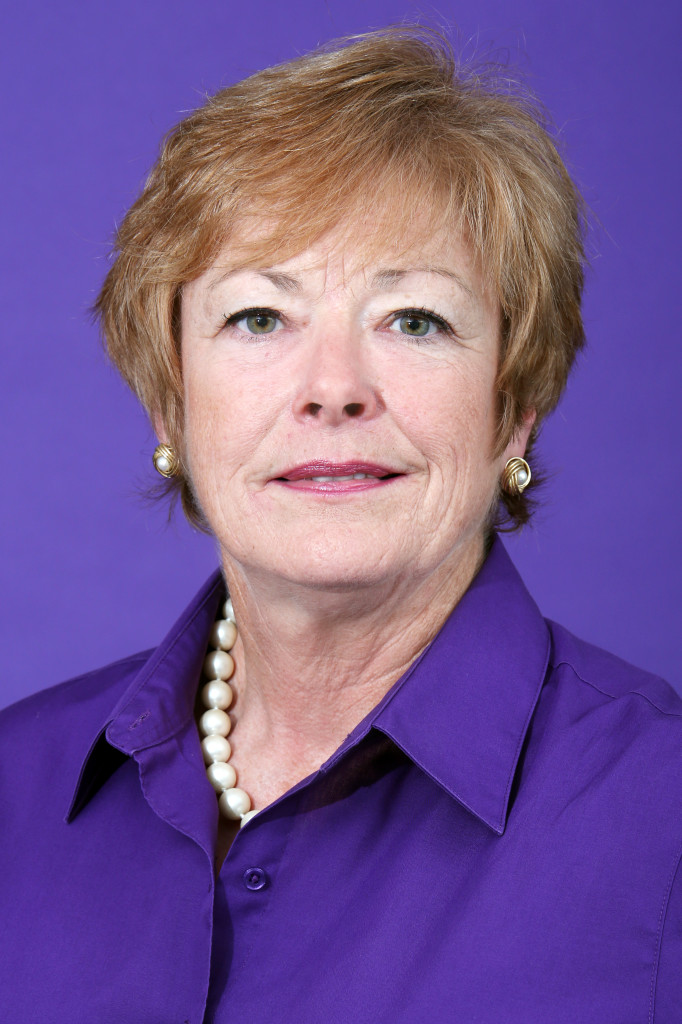As my Koehler Center Fellowship for Student Engagement draws to a close, I have spent a great deal of time pondering the past two years and considering what I’ve learned along the way. The fellowship afforded me a range of rich experiences: reading from a variety of sources, visiting special purpose schools and classrooms, and facilitating robust conversations among colleagues and peers. As I’ve probed what engages students, what grabs and holds their attention, and what ignites their passion for learning, I keep coming back to the enduring characteristics of adult learning.
Andragogy, a theory popularized by Knowles, offers four primary tenets of adult learning (Glickman 51):
- Adults have a psychological need for self- direction;
- Adults bring experience/s that should be accessed in the learning situation;
- Adults’ readiness to learn is shaped by a need to solve real-life problems;
- Adults want to immediately apply their knowledge.
For me, andragogy is particularly germane given that I teach at the graduate level where most of our students come to the academic setting a bit older and with more lived experiences than our more youthful TCU undergraduates.
Perhaps one of the best examples of andragogy-in-action in our program occurs during the final semester of the educational leadership master’s degree plan when students take a course in action research. Action research (AR) is a method that can bring about change in a classroom, work site, or institution. The course provides opportunities to study the theoretical implications of this method while engaging in its practical application. Students learn to distinguish AR from other forms of research, to design an AR proposal, and carry out components by targeting an authentic problem of practice from their world of work. Recent focus areas explored by students include studying student engagement in the intermediate grades, increasing student body participation in rigorous high school courses, studying classroom uses of formative assessments, implementing a restorative justice approach to behavior management, gauging the impact of a Bring Your Own Device initiative, exploring and improving teacher attitudes about students with disabilities, decreasing incidents of student misbehavior, and improving mathematics performance for 3rd and 4th grade students. A comprehensive AR proposal includes an introduction and context description with a rationale for the study, a problem statement or set of research questions, preliminary data to crystallize the root issue and establish a baseline, a review of literature related to the area or areas of study, and, of course, a detailed plan of action, including an evaluation of the action steps—actually quite an undertaking for a single semester.
As I watched and listened to students make their presentations in our final class, I marveled at their depth of knowledge and the confidence they displayed about the professional literature informing their work. Multiple forms of preliminary data, presented in detailed tables and graphs, painted authentic pictures of the targeted needs to be addressed. Action plans were specific, multi-phased, and linked to the literature; they engaged others in the collaborative process of improvement. The enthusiasm in the room was palpable.
Students eagerly shared their work, because it was, in fact, their work—action research projects rooted in issues that truly mattered to them. And while my objective was for students to learn action research, they did so while probing their own personal and professional experiences with real- time, meaningful topics. Moreover, their well-crafted plans will provide them opportunities to apply their learning by implementing interventions and strategies designed to ameliorate their selected problems of practice.
As I wrap up this study of learner engagement, I sincerely believe—more strongly than ever—that if we craft pedagogy and plan curriculum in ways that tap students’ experiences and interests, and enable our students to envision pathways for applying their learning, we can spark a level of engaged participation that makes them true partners in the teaching/learning process.
Works Cited
Glickman, Carl D., Stephen P. Gordon, and Jovita M. Ross-Gordon. Supervision and Instructional Leadership: A Developmental Approach. Boston: Pearson, 2014. Print.

This article was written by Marla McGhee, College of Education and Koehler Center Fellow for Student Engagement, for the Fall 2016 Issue of Insights.